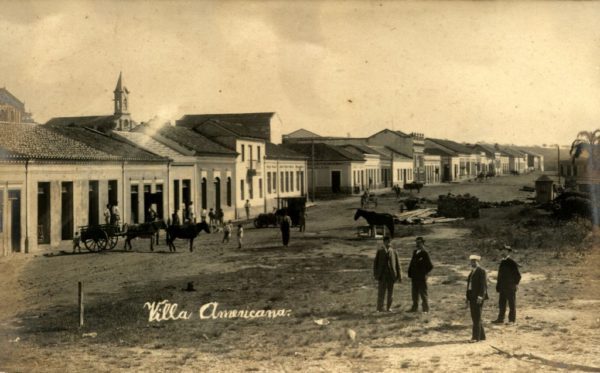The American Civil War left large regions of the United States utterly devastated. Most of that devastation was located in the Southern states that made up the Confederacy. Many cities like Richmond and Vicksburg were captured by Union armies through siege warfare, which involved massive bombardment and prolonged isolation that destroyed infrastructure, crippled industry, and caused severe hunger and even starvation. Widespread societal disintegration soon led to outbreaks of disease.

Collapsed urban centers were not the only problem facing Southerners during this time. Social upheaval brought on by the elimination of slavery led to economic chaos. As if all of these catastrophes were not enough, some in the South felt the imposition of what is now known as Reconstruction (1865-1877) to be completely intolerable. Many believed that Reconstruction would transform the South into a socially unrecognizable place, and that it would last indefinitely. Some who felt this way decided the best course of action was to leave their war-ravaged homes and begin their lives in a new place.
The vast majority of those who made the choice to leave the South stayed within the U.S. Most moved to the American West, where land was plentiful, government impositions were scarce or even functionally nonexistent, and where people with a dark past could start anew, as could those who were just looking for a new beginning. It was during this time that the West became wild. Flooded with battle-hardened soldiers, poverty-stricken farmers and former slaves all looking to escape a ruined South, unorganized territories west of the Mississippi became chaotic amalgams of peoples and cultures for decades to come.
But not everyone who no longer felt the South could be their home sought their fortunes in the American West. Some saw the situation so dire that they decided to leave the United States forever. Most that did settled in various places within South America. A few American emigrants who settled in Latin America became famous, such as the fugitives popularly known as “Butch Cassidy” and his partner, the “Sundance Kid”. However, most Americans who resettled in Latin America were simply looking to escape the effects of a devastating war and were not looking to escape justice.

– Vice.com
Most Southerners who left the U.S. after the Civil War settled in Brazil. At the end of Civil War, Emperor Dom Pedro II, ruler of Brazil, expressed serious interest in Americans that could bring with them knowledge of modern agricultural techniques, and an understanding of how to grow cotton, which was still a profitable cash crop. Also, it did not hurt that the Southerners were aware of how slave-based agriculture operated, as slavery was still legal and fully functional in Brazil. Slavery would not be abolished there until 1888.

